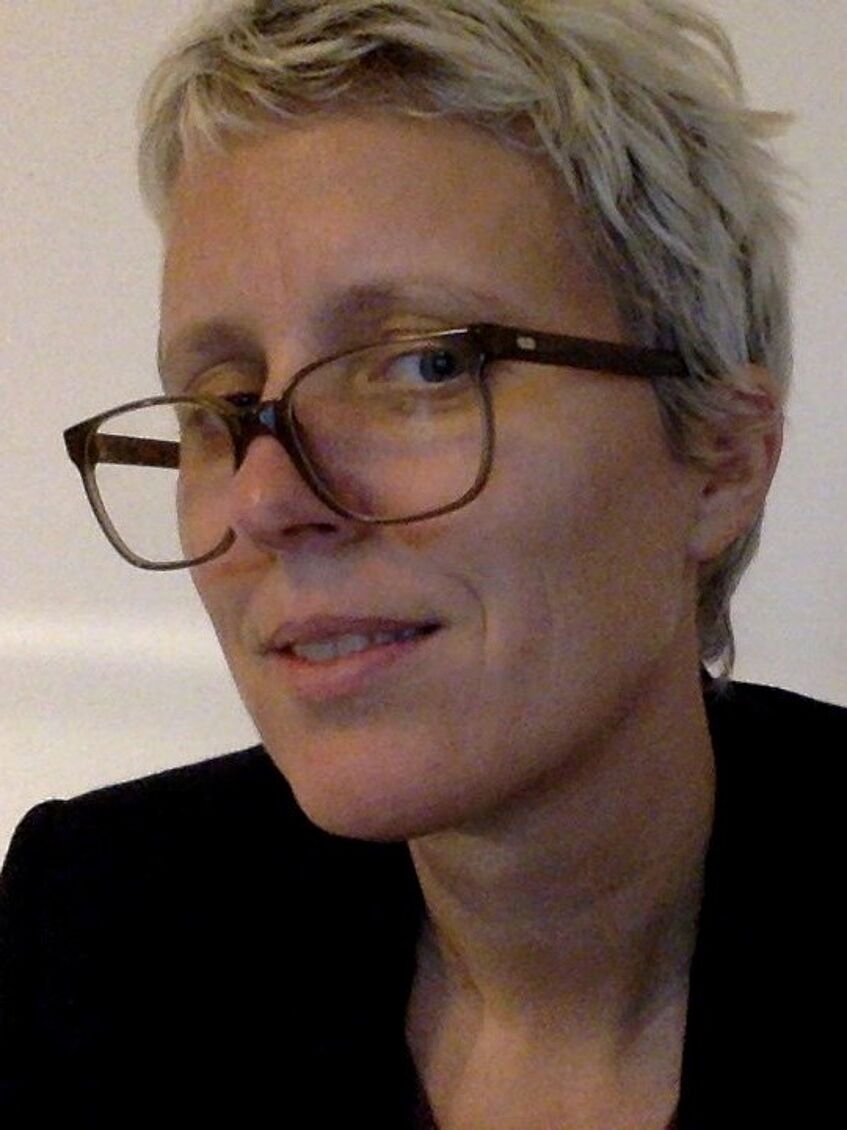Mag.a Dr.in Katja Mayer
Biography
Katja Mayer is a sociologist and works at the interface of science, technology and society. Since 2019, she is working as senior postdoc with the Elise Richter Fellowship (FWF) at the Department of Science and Technology Studies at the University of Vienna. Her research focuses on the interaction between social science methods and their public spheres.
As part of her postdoc position at the Professorship of Computational Social Science and Big Data, she established the field of "Critical Data Studies" at TU Munich.
Her research focus is on the cultural, ethical and socio-technical challenges at the interface of computer science, social sciences and society. Data is treated less as a new raw material, but as a highly variable and fragile phenomenon. In the context of data-driven decision-making, data are not considered as "given", but the way we collect, transform, analyze, and trust data is up for discussion.
In addition, Katja also works as Senior Scientist at the Center for Social Innovation in Vienna. Until recently she was Associate Researcher at the University of Vienna's research platforms "Governance of Digital Practices" and "Responsible Research and Innovation in Scientific Practice". For many years she has been teaching Sociology, STS and Web Sciences at the University of Vienna, the Danube University Krems, the University of Art and Design Linz and the University of Lucerne. She was a visiting fellow at the School of Computer Science at Carnegie Mellon University (USA). Moreover, she was a member of the core team of the Open Access Network Austria (OANA), co-heading the working group "National Strategy for the Transition to Open Science". In the years 2011-2013 she was a research fellow of the President of the European Research Council (ERC).
Publications
Shifting Articulations of Space Security: Boundary Work in European Space Policy Making
- Author(s)
- Nina Klimburg-Witjes
- Abstract
European space policy is currently at a watershed. In 2021, there will be two institutions responsible for European space activities: The EU Space Agency (EU SPA) and the civilian European Space Agency (ESA) founded in 1975. This article investigates how new objectives and governance scheme(s) of European space activities reflect the increasing securitisation of space in Europe. Linking work in critical security studies to the concept of boundary work from science and technology studies (STS) I outline three phases of boundary work - expansion, expulsion and protection of autonomy - that all show how the dividing lines between peaceful and militarised space activities have become increasingly blurred. The conclusion argues that we currently witness a shift in the visions of European integration in space, with ESA remaining outside the EU framework and open to non-EU members while the EU SPA is accessible to EU members only and explicitly dedicated to the use of space for security. As the strategic potential of outer space is likely to grow, the paper offers a critical empirical investigation of the ongoing transformation in European space policy that has significant consequences for how we envision a "united Europe in space".
- Organisation(s)
- Department of Science and Technology Studies
- Journal
- European security : ES
- Volume
- 30
- Pages
- 526-546
- No. of pages
- 21
- ISSN
- 0966-2839
- DOI
- https://doi.org/10.1080/09662839.2021.1890039
- Publication date
- 2021
- Peer reviewed
- Yes
- Austrian Fields of Science 2012
- 509017 Social studies of science, 506004 European integration, 509025 Technology studies, 509024 Security research
- Keywords
- ASJC Scopus subject areas
- Political Science and International Relations
- Portal url
- https://ucrisportal.univie.ac.at/en/publications/24163ce7-2ce5-489a-9d18-1509f63a0f02

